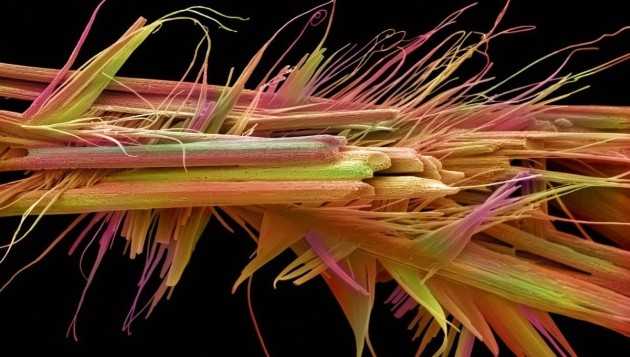MILAN – Caffeine is having a cultural moment. Once believed to cause illness, recent research has linked the compound to a variety of health benefits. Sensing an opportunity, entrepreneurs seized on these health claims to launch new products.
Today, caffeine-vehicles now include sprays, powders, gums, waffles, cubes, granola bars, and bagels. Meanwhile, many coffee and energy drink companies are differentiating themselves in a crowded market by upping the amount of caffeine in their products.
The brand Death Wish Coffee, which markets itself as “the world’s strongest,” contains 59 milligrams per fluid ounce (typical coffee blends have 12 to 16 milligrams).
The F.D.A. recommends that adults limit themselves to no more than 400 milligrams of caffeine per day, a benchmark that isn’t hard to exceed, particularly when traditional caffeinated drinks are combined with newer beverages and products. (For context, a 16 fl.oz. grande Starbucks contains about 330 milligrams of caffeine.)
As illustrated by the recent death of 16-year-old Davis Allen Crisper, over-consumption can result in tragedy.
According to the coroner’s report, the healthy teenager passed away from a caffeine-induced cardiac event after consuming a McCafe latte, large Diet Mountain Dew, and an energy drink in a two-hour period.
Taken together, these items have less than 500 milligrams of caffeine, which means Crisper didn’t dramatically exceed the F.D.A.’s daily limit.
“We’re not saying that it was the total amount of caffeine in the system,” Gary Watts, the coroner on the case,” told Reuters. “It was just the way that it was ingested over that short period of time, and the chugging of the energy drink at the end was what the issue was with the cardiac arrhythmia.”
Energy drink companies have largely dialed back their caffeine content (a 16 oz can of Monster Beverage energy drink, for example, contains a relatively modest 160 milligrams).
But despite concerns from health experts and the F.D.A., it’s still possible to buy potent, pure caffeine powder online (one teaspoon of the substance equals around 28 cups of coffee).
Heartbreakingly, caffeine powders have been connected to multiple, deaths in the last few years. But the danger isn’t limited to powders.
As Crisper’s death underscores, exceeding 400 milligrams of caffeine in day (particularly when consumed in a short time period, and by a young adult) isn’t without risk.


















